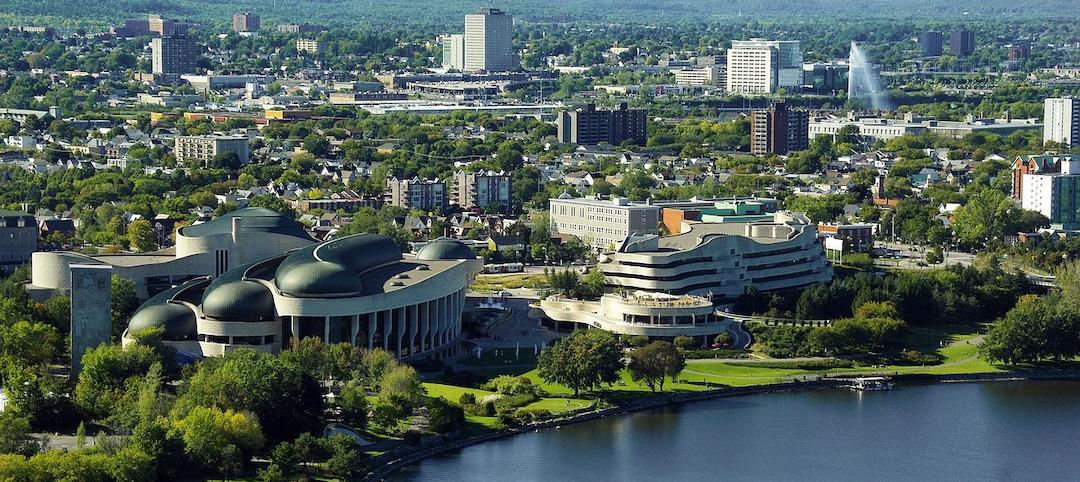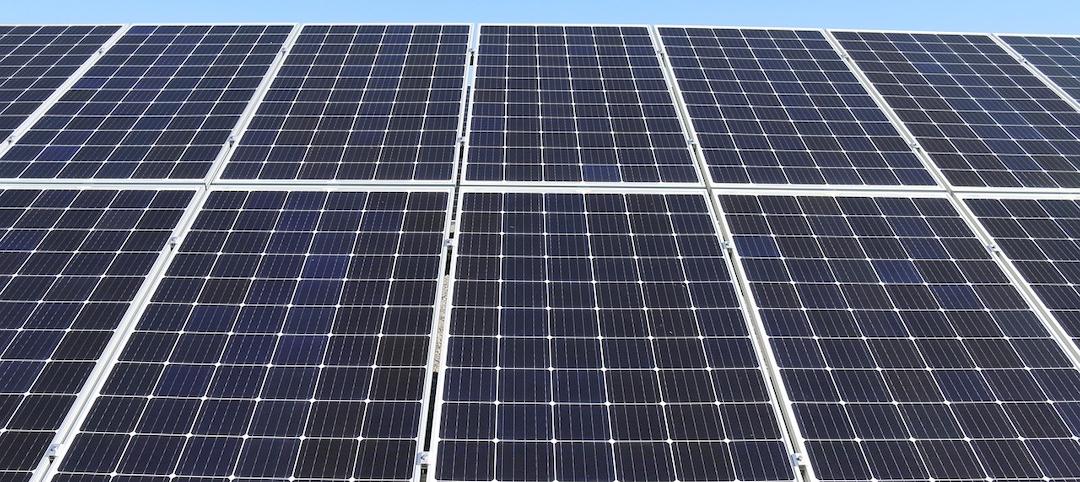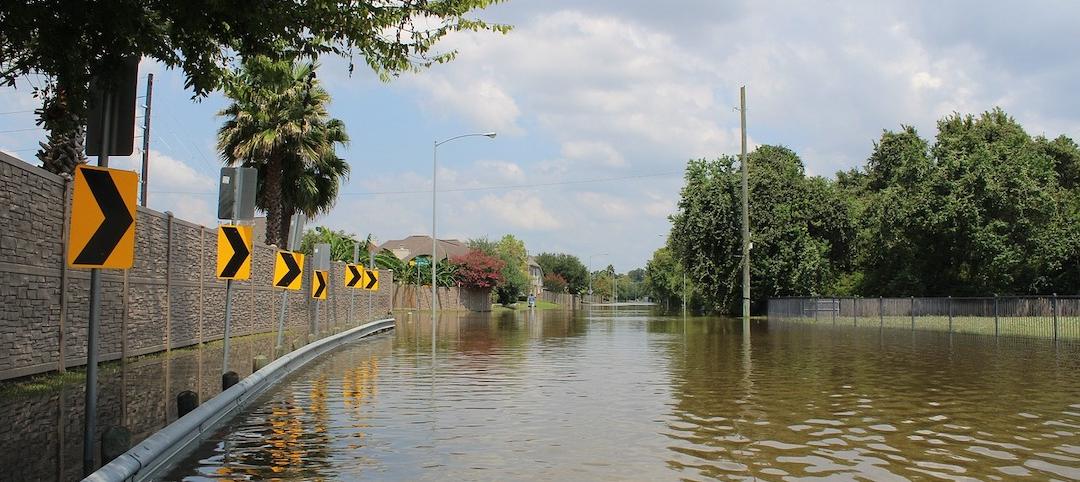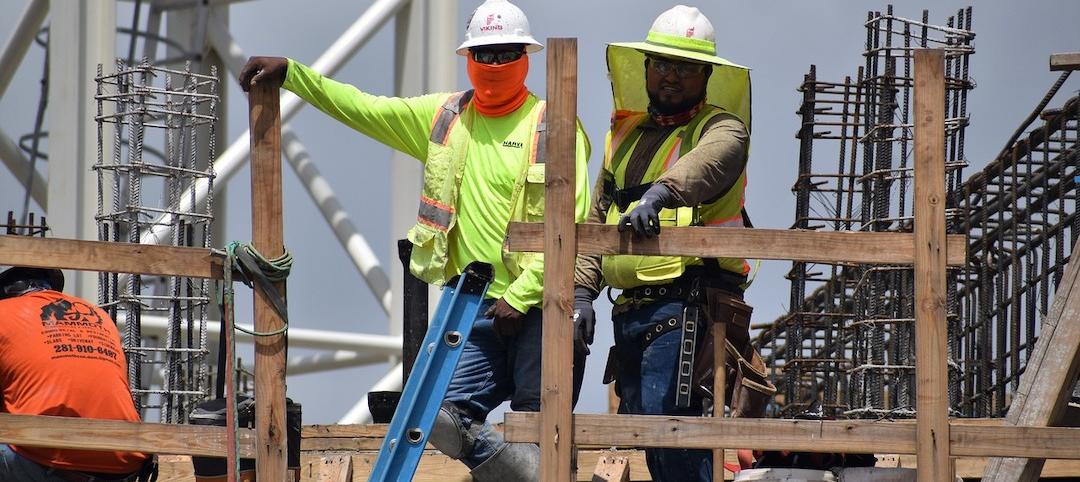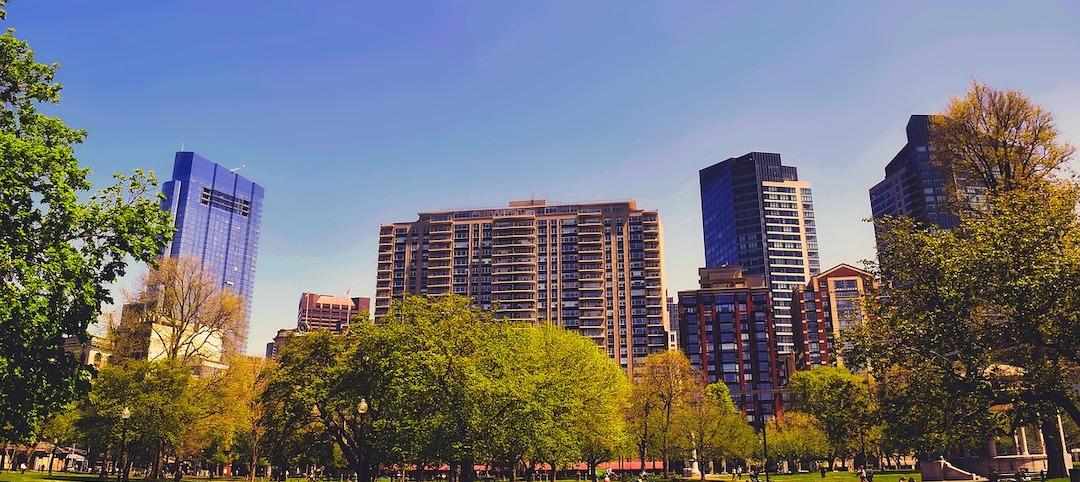A significant volume of pandemic-induced migration from major cities looks to be permanent, according to a report at GlobeSt.
A My Move report found that nearly 16 million people exited large cities during the pandemic, with 14.2 million filing a permanent change of address form, GlobeSt reported. This amounts to an 1.2% increase from 2019 in permanent change of address submissions.
Some 1.6 million people filed a temporary change of address form with the US Postal Service this year. That’s an increase of 27% from 2019. Change of address requests peaked from February to July, with spikes during March and April.
Much of the migration was originally due to people in dense urban cores relocating at the onset of the pandemic. Remote work has also played a role, as employees were allowed to work from home for an extended period or could transition to full-time remote work. Many of those who have shifted to full-time remote status have chosen to relocate to more affordable markets.
New York, Brooklyn, Chicago, San Francisco, and Los Angeles have been the top markets for outward migration.
Related Stories
Codes and Standards | Jan 19, 2022
Canada’s Trudeau seeking building codes changes, net-zero emissions building strategy
Prime minister also wants net-zero electricity grid by 2035.
Codes and Standards | Jan 18, 2022
Greater emphasis on building materials needed to achieve net-zero carbon offices
Engineered wood, straw, and bamboo can be keys to achieving goal.
Codes and Standards | Jan 17, 2022
AISC seeks comments on draft earthquake standard for steel buildings
Includes new limits for cross-sectional slenderness of steel columns based on latest research.
Codes and Standards | Jan 12, 2022
California’s wildfire building code significantly reduces structural loss
As other states consider upgrading their codes, Golden State provides useful model.
Codes and Standards | Jan 12, 2022
Regulator holding back climate-friendly, energy-saving equipment deployment, critics say
Heat pumps, solar power could be made more accessible for low-income communities in Massachusetts.
Codes and Standards | Jan 11, 2022
Cost hikes drive nearly one million renters out of homeownership qualification in 2021
Household income needed to pay a mortgage rose to $62,872 from $55,186.
Codes and Standards | Jan 10, 2022
New ratings services focus on climate risk for homeowners
Efficacy of models used in risk assessment varies.
Codes and Standards | Jan 6, 2022
Virginia contractors having a tough time finding diverse subs to meet state goals
Survey of primes may indicate similar issues at federal level.
Codes and Standards | Jan 5, 2022
Boston drops parking requirements for affordable housing
Measure expected to spur new projects.
Codes and Standards | Jan 4, 2022
Dept. of Energy Better Climate Challenge aims for 50% GHG emission reduction by 2030
Program offers technical assistance and peer-to-peer knowledge sharing.



